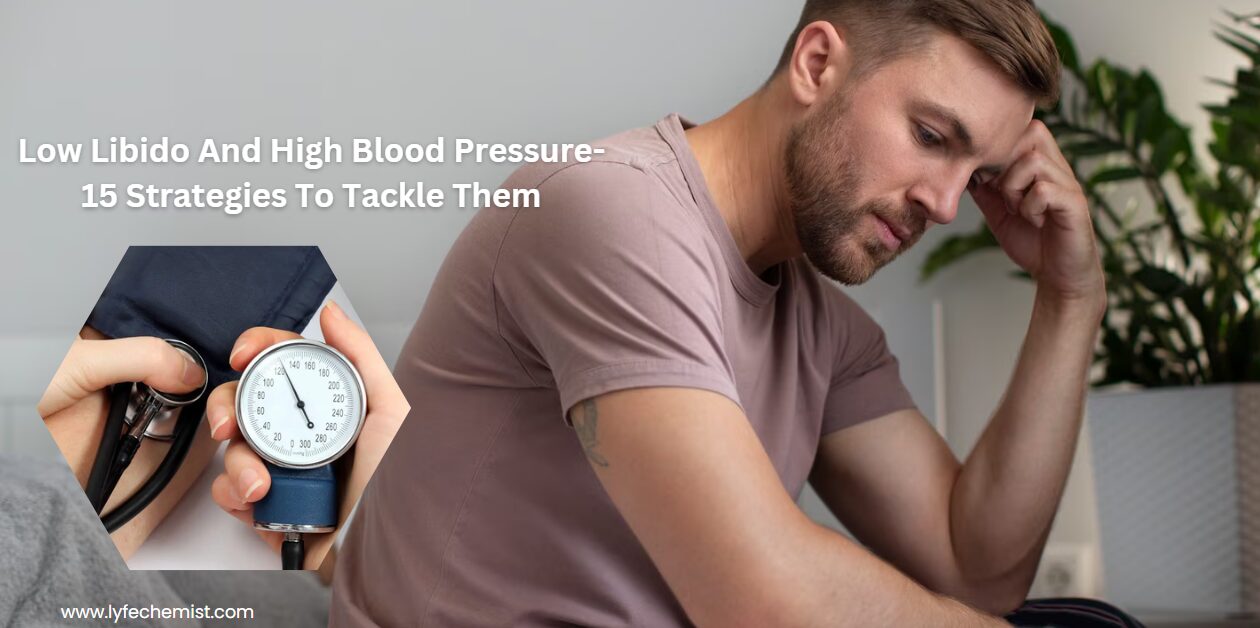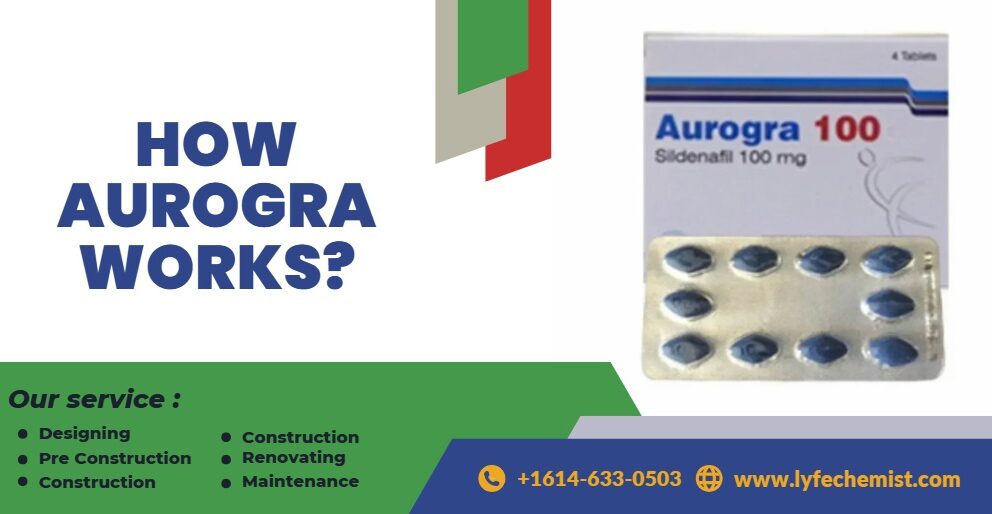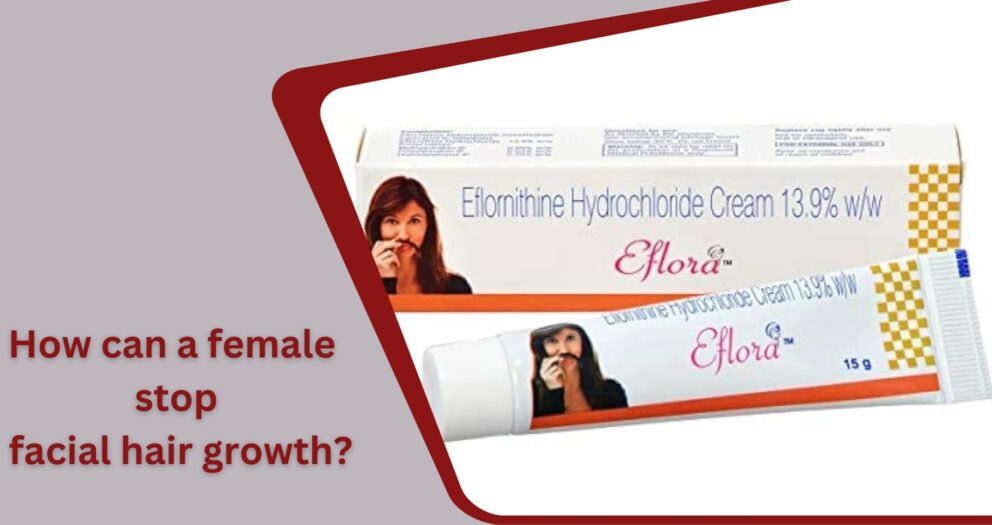Understanding Low Libido and High Blood Pressure
Low libido, reduced sexual desire, and high blood pressure are two common health issues that can significantly impact overall well-being. Low libido can lead to dissatisfaction in relationships and diminished quality of life, while high blood pressure increases the risk of serious health problems like heart disease and stroke. However, there are strategies to address both issues and improve overall health and vitality.
Strategies to Address Low Libido
-
Healthy Lifestyle Habits:
- Engage in regular exercise to improve blood flow and boost energy levels.
- Maintain a balanced diet rich in fruits, vegetables, lean proteins, and whole grains.
- Limit alcohol consumption and avoid smoking, as these habits can contribute to low libido.
-
Stress Management:
- Practice relaxation techniques such as deep breathing, meditation, or yoga to reduce stress levels.
- Prioritize self-care activities that promote relaxation and overall well-being.
-
Communication:
- Openly communicate with your partner about your feelings and concerns regarding low libido.
- Explore ways to increase intimacy and connection outside of sexual activity.
-
Address Underlying Health Conditions:
- Consult a healthcare professional to identify and address any underlying medical conditions contributing to low libido, such as hormonal imbalances or depression.
-
Medication Review:
- Review any medications you are taking with your doctor, as certain medications can affect libido as a side effect. They may be able to adjust your medication regimen or prescribe alternatives.
Strategies to Manage High Blood Pressure:
- Healthy Eating:
- Adopt the Dietary Approaches to Stop Hypertension (DASH) diet, which emphasizes fruits, vegetables, whole grains, and low-fat dairy products while limiting sodium, saturated fats, and cholesterol.
- Regular Exercise
- Engage in regular physical activity, such as brisk walking, swimming, or cycling, for at least 30 minutes most days of the week.
- Weight Management
- Maintain a healthy weight through a combination of balanced diet and regular exercise to help lower blood pressure.
- Limit Sodium Intake
- Reduce sodium intake by limiting processed foods, avoiding added salt during cooking, and opting for low-sodium alternatives.
- Stress Reduction
- Practice stress-reduction techniques like deep breathing, meditation, or progressive muscle relaxation to help lower blood pressure.
- Limit Alcohol Consumption
- Limit alcohol intake to moderate levels, as excessive alcohol consumption can raise blood pressure.
- Quit Smoking
- If you smoke, quit smoking to lower your risk of heart disease and stroke associated with high blood pressure.
Strategies to Address Both Issues Simultaneously:
- Regular Health Check-ups
- Schedule regular check-ups with your healthcare provider to monitor both blood pressure and libido levels.
- Hormonal Evaluation
- Consider hormonal evaluation to assess any imbalances that may be contributing to both low libido and high blood pressure.
- Supportive Supplements
- Explore the use of supplements like L-arginine, ginseng, or fish oil, which may help improve both libido and blood pressure levels. However, consult with a healthcare professional before starting any new supplements.
- Couples Counseling
- Consider couples counseling to address relationship issues and improve communication around both low libido and high blood pressure management.
Conclusion
While low libido and high blood pressure can be challenging issues to address, they are not insurmountable. By adopting healthy lifestyle habits, managing stress, addressing underlying health conditions, and seeking support when needed, it’s possible to improve both libido and blood pressure levels. Remember to consult with a healthcare professional for personalized guidance and support on your journey to better health and vitality







Write a comment
Your email address will not be published. All fields are required